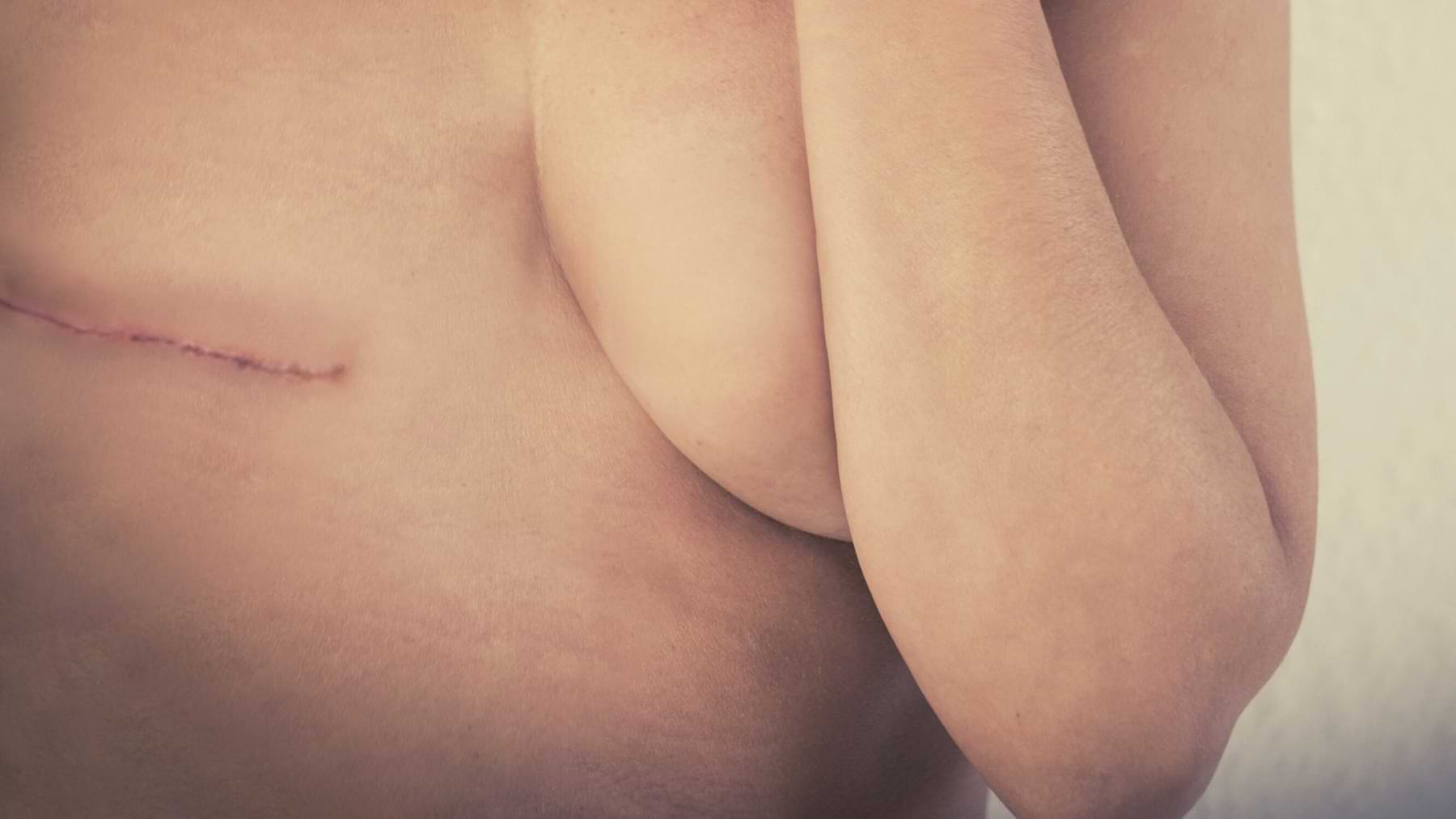Every scar tells a story
After surgery, it’s almost impossible not to be left with a visible scar.
And every scar tells a story — not just of the wound, but of healing, resilience, and growth. Whether you see your scar as a reminder of strength or something you prefer to keep private, it is a part of you, and you deserve to feel comfortable in your skin.
The emotional aspect of scarring
How we feel about ourselves often has a lot to do with how the scar occurred. Some will view their scars as a badge of honour and feel a sense of success that they overcame surgery, whilst others will simply feel embarrassed by them, or worse, feel anger, shame or sadness at the reminder of their surgery.
These feelings can have a lot to do with our overall emotional state before surgery. They are also related to the reason behind the surgery and whether we feel we suffered any type of injustice associated with our procedure.
Multiple factors directly influence the way our scar can make us feel, for example:
- The appearance of the scar
- Where the scar is located
- Our age and sex
- How and why the scar occurred.
These factors are key in directing how our emotions manifest. For some, these concerns may have knock-on effects on other areas of their lives and impact personal relationships, sociability, work-life and our ability to communicate about the scar.
Getting Comfortable with Your Scar
Getting comfortable with your surgical scar is an important part of your recovery. There is no right or wrong way to feel about it—what matters is that you allow yourself the time and space to process those emotions.
Your feelings about your scar may change over time. Some people find that, as their scar fades, so does its emotional weight. Others may need more time or support to feel at ease. However you feel, know that it’s completely normal.
Socials implications
Some people worry about how others might react to their scar. Remember, your body is your own, and you have the right to decide whether to share or keep it private. If you choose to cover your scar, that’s okay. If you choose to embrace it, that’s okay too. What matters most is that you feel at peace with your decision.
Taking it slow
Scars can take a long time to reach their full healing potential. Their appearance will evolve—sometimes fading, sometimes looking more pronounced for a period. Be patient with your healing and be kind to yourself as you adjust.
Reaching Out for Support
If your scar causes distress or brings up difficult emotions — especially if it reminds you of an ongoing illness or traumaI, know that it is ok, and even recommended to seek help and support to guide you to a healthier way of managing your emotional state. Seeking support from loved ones, a counsellor, or a support group can make a meaningful difference.
If seeing or touching your scar feels uncomfortable, take it one step at a time. Start by looking at it in the mirror briefly, then slowly increase exposure over time. Small moments of acceptance can build confidence.
Solutions beyond traditional scar care
Scars are not just physical — they carry emotional weight. Beyond scar treatments, mind-body approaches can help improve your relationship with your scar.
- Cognitive Behavioural Therapy helps shift negative thoughts and build a more positive perception.
- Hypnotherapy can support emotional processing and promote relaxation.
- Meditation & mindfulness – Encourages self-acceptance and reduces stress linked to body image.
These approaches help explore the relationship to the scar, change the perception and create more positive emotions around the scar.
If your scar is causing ongoing distress, speak with your medical practitioner—they can help you explore your options and find the right support.
The Nokori Team



Share:
Bioactives → Vitamin E
Bioactives → Probiotic Lysate